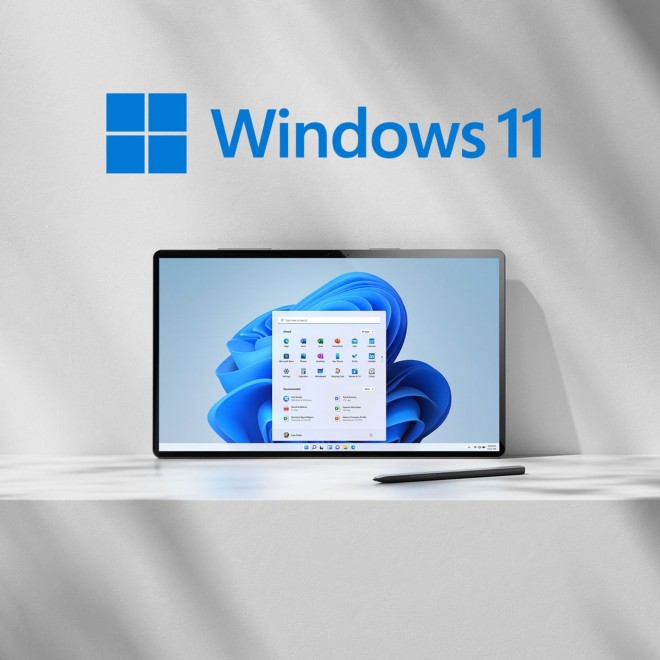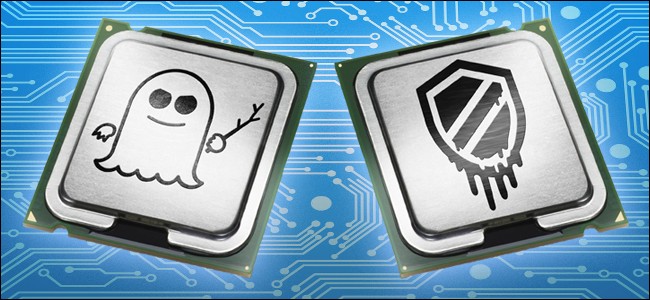Why doesn't Windows 11 support my CPU?
In this article, Tipsmake will help you understand why your CPU is not supported by Windows 11.
What CPUs does Windows 11 officially support?
Initially, Microsoft gave inconsistent information about CPU requirements to run Windows 11. However, later everything was listed more clearly.
According to Microsoft, Windows 11 only guarantees support for the following CPUs:
- Intel 8th Gen CPU or later
- CPU AMD Ryzen 2000 or later
The above information is listed on the official website of Windows 11. Besides, Windows 11 ARM version will only support certain Qualcomm Snapdragon SoCs.
Intel launched 8th generation CPUs in 2017 and AMD launched Ryzen CPUs in 2018. This shows that Windows 11 only supports new CPUs released in the last few years. This is a big change because Windows 10 can support most CPUs running Windows 7.

What happens to 7th Gen Intel CPUs or earlier and older AMD CPUs
Initially, Microsoft's compatibility documentation said some older CPUs, including 7th Gen Intel CPUs, would be partially supported. Specifically, Microsoft says that users of older CPUs are allowed to upgrade, but the upgrade process will warn that the CPU is not properly supported and advise users not to upgrade.
But Microsoft quickly corrected the above content. Instead, the software giant posted a blog post to explain the minimum configuration requirements of Windows 11.
Microsoft also said that it is testing the compatibility of 7th Gen Intel CPUs and AMD Zen 1 CPUs with Windows 11 through the Insider Preview program. The test results will be updated in detail by Microsoft.
In general, information about Windows 11's ability to support older CPUs is still quite vague. Microsoft has yet to release any official statement on the matter other than blog posts with inconsistent information.
Why is Microsoft tightening Windows 11's minimum configuration requirements?
More specifically, why does Windows 11 only support new CPUs?
All Microsoft is asking users to think about is security. Just like the TPM 2.0 requirement, Microsoft requires a new CPU to ensure users have access to the latest security features. These include virtualization-based security and hypervisor-protected code integrity that is always enabled by default on all Windows 11 computers.

Thanks to TPM 2.0, all Windows 11 computers have the Devices Encrytion feature to store files in encrypted form. Windows 11 computers will also feature Secure Boot, which protects the boot process from malware.
Security is the first principle that makes Microsoft tighten CPU requirements. Reliability is the second principle. Microsoft says the new CPUs with a modern Windows Driver model help achieve a 99.8% error-free experience.
The third rule is that the CPU must be compatible with the applications you use.
Microsoft did not say anything about the Specter vulnerability but this could be the main cause nguyên
Still not convinced enough? Do Microsoft's security requirements really require a CPU manufactured several years before Windows 11 was released?
The answer is yes. In theory this is one of the reasons:
In early 2018, security experts discovered that modern CPUs have serious design flaws that lead to side-channel attacks. They named the vulnerabilities Specter and Meltdown.
Microsoft had to release patches for Windows. These patches solve security issues in the CPU but slow down the CPU's speed.

Not only Specter, ZombieLoad attack with a similar method was also discovered in 2019. After ZombieLoad was announced in 2019, experts concluded that only completely new CPUs can overcome it. against ZombieLoad, Specter, and similar attacks. To really patch these vulnerabilities, Intel (and other CPU makers) will have to refactor their CPU designs.
Intel says Specter and Meltdown have been addressed with hardware-level changes from 8th Gen Intel CPUs onwards.
It's interesting that Windows 11 requires Intel CPUs from 8th generation onwards. We think these two things are related.
Basically, Microsoft doesn't want you to know that your old, Windows 10 CPU isn't guaranteed to be secure at the hardware level compared to the new device. This is not good for their business. Instead, Microsoft wants to quietly push people to switch to new devices by just letting Windows 11 support the new CPUs.
Windows 10 is still supported until 2025
You also don't need to worry if you are using a computer with an old CPU because Windows 10 is still supported with security updates until October 14, 2025. We think this is enough time for you to plan your shopping for a new computer to run Windows 11.
You should read it
- Will Windows RT support Outlook?
- Windows 7 is equipped with SHA-2 Support, which supports future updates
- How to enable HDR on Windows 11
- Microsoft supports the AAC Bluetooth audio codec on Windows 10
- Windows 8 supports 'retina' screen
- Asus officially supports Windows 11 on 6th and 7th generation Intel Skylake/Kaby Lake LGA1151 CPUs
 Microsoft details the upgrade process from Windows 7/8/10 to Windows 11
Microsoft details the upgrade process from Windows 7/8/10 to Windows 11 How to bypass TPM 2.0 requirement when installing Windows 11?
How to bypass TPM 2.0 requirement when installing Windows 11? How to install Windows 11 Home without Microsoft account and internet
How to install Windows 11 Home without Microsoft account and internet Control Panel has a new interface on Windows 11, about to be completely replaced by Settings
Control Panel has a new interface on Windows 11, about to be completely replaced by Settings How to hide recently accessed files and folders in the Windows 11 Start menu Start
How to hide recently accessed files and folders in the Windows 11 Start menu Start Windows 11 will no longer have the 'blue screen of death' error
Windows 11 will no longer have the 'blue screen of death' error